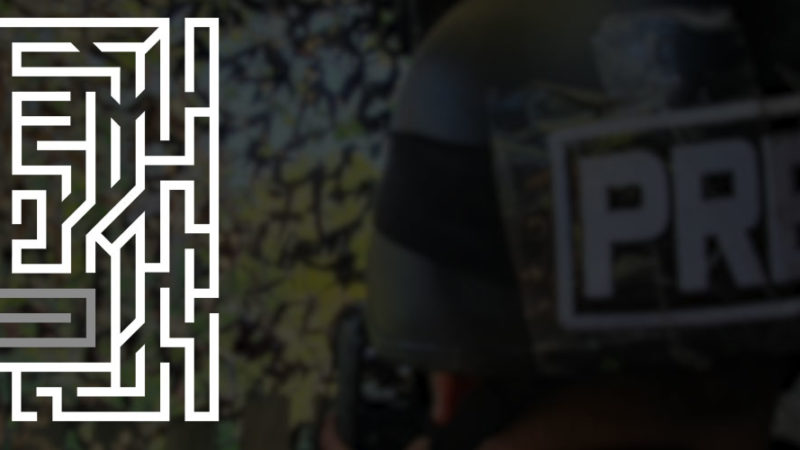Reporting from Washington and Analysis from Paris
The largest military alliance marked the 75th anniversary of its existence with a Summit whose focus is the war on European soil. The leaders of the member states gathered in the American capital to confirm the commitment to help Ukraine. Some of them used the margins of the Summit for meetings related to bilateral issues. A meeting between the Macedonian and Greek Prime Ministers did not take place, and journalists behind the scenes say that there was no interest on the part of the major powers to discuss such issues within the framework of the Summit. From the press room in Washington, we include Romanian military reporter and senior political correspondent Cristina Cileacu. In addition to the fact that the Alliance confirmed the commitments to help Ukraine, Cileacu also informed us about the other agreed strategic determinations, such as declaring China a country enabling Russian aggression. We asked Chileaku tofollow up the meetings of the Macedonian Prime Minister.
From the French capital, on the other hand, we are talking with an advisor in the French Assembly on topics related to the great upheaval that occurred during the elections. Councilor Matthias Vasquez from the ranks of Macron's party talks about the mood of the voters and the actions of the parties that led to this turn. At the moment, the main challenge facing France is the election of a prime minister, which the winning coalition seems to be having difficulty electing. Vasquez is a good expert on the Macedonian and Balkan situations, given the fact that he was previously on missions in these countries, so we used this call to ask him for his opinion on the French proposal that was imposed after the Bulgarian veto announcements.
Watch the entire show.
You Might also like
-
Dimitrova: Everyone supported Zaharieva's candidacy for EC
A conversation with the journalist Dimitrova about the situation in Bulgaria and the Macedonian issue.
Bulgaria is facing the seventh parliamentary elections and has been in a political crisis for three years due to the inability to elect a stable government. In the pre-election, Macedonia is even more part of the rhetoric of the political contenders and it seems as if that is the only point on which they agree.
The guest in this edition of Labyrinth is the journalist Tonya Dimitrova from the National Service, with whom we talked not only about the elections, but also about the decisions of the European Court of Human Rights that Bulgaria does not want to implement, the constitutional amendments that they require from us, as well as about the problems that Zaharieva has in her political career towards European institutions.
Watch the full episode.
Post Views: 776 -
-





